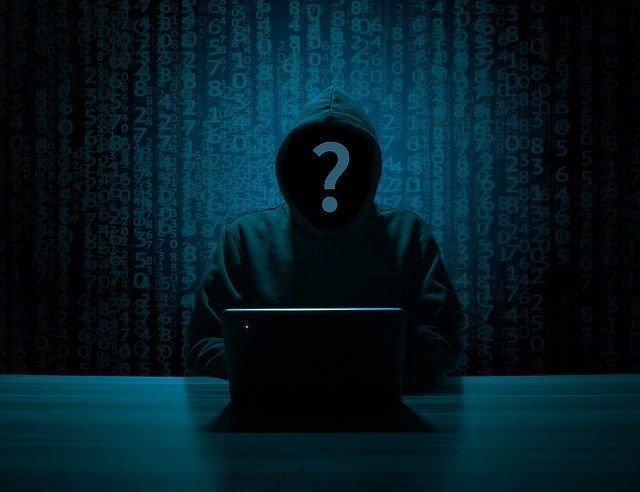A day in the life of a computer Hacker
Ah, another beautiful day in the life of a hacker. Wake up, stretch, and let's see what havoc they can wreak today! It's like being a digital superhero, only without the capes, spandex, or superpowers. Instead, they rely on their wits, their laptops, and a steady diet of energy drinks and junk food. So let's fire up the computer, put on some mood music, and get to work...or play...or whatever it is they do.
After all, it's not like they have a boss breathing down their necks or a 9-to-5 schedule to follow. No, they're free to roam the digital frontier, seeking out vulnerabilities, exploiting weaknesses, and generally causing chaos wherever they go. It's a tough job, but someone's gotta do it. And if they happen to get rich and famous in the process, well, that's just a bonus. "So, ready to hack the planet? Let's do this!"
A computer hacker's day may start off like any other day, with a quick breakfast and a check of their daily to-do list. But instead of going to an office, they head to their secret underground lair, where they are surrounded by an array of high-tech gadgets and screens displaying complex code.
The hacker starts by sipping on some energy drinks and scanning the news for potential targets. Once they identify their next victim, they put on their black hoodie and start typing furiously on their keyboard. They may use a combination of social engineering tactics, malware, and other advanced techniques to gain access to the victim's computer system.
As the day goes on, the hacker may take a break to play some video games or chat with other hackers in online forums. They may also take some time to improve their skills by learning about the latest hacking techniques and tools.
But the day is far from over for the hacker. They may spend hours or even days inside their victim's computer system, stealing sensitive information, installing backdoors, and causing chaos. It's a high-stress job, but the hacker gets a thrill out of outsmarting security measures and leaving their mark on the digital world.
Eventually, the hacker will call it a day, but they know that their work is never truly done. There's always another victim to target, another system to breach, and another challenge to conquer. The life of a computer hacker may be thrilling and adventurous, but it comes with risks and consequences that are not worth it in the end.
You wont stop them trying, but what can you do?
Stopping computer hackers can be a complex and ongoing process, but there are several measures that can help prevent or mitigate the damage caused by hacking attempts:
- Strong passwords:
- Encourage the use of strong and unique passwords for all accounts and systems. This can help prevent hackers from easily gaining access to sensitive information.
- Regular software updates:
- Keep all software and operating systems up-to-date with the latest security patches and updates. This can help prevent known vulnerabilities from being exploited by hackers.
- Employee training:
- Educate employees on how to recognize and avoid common social engineering tactics used by hackers, such as phishing emails or fake websites.
- Firewall and antivirus software:
- Use and regularly update firewall and antivirus software to protect against malware and other malicious attacks.
- Multi-factor authentication:
- Implement multi-factor authentication for all accounts and systems. This adds an additional layer of security by requiring more than just a password for access.
- Regular security posture reviews:
- Conduct regular security posture reviews and audits to identify potential vulnerabilities and address them before they can be exploited by hackers.
- Penetration testing
- Penetration testing can help identify vulnerabilities and security weaknesses that may not be easily visible during normal operations. This process can reveal vulnerabilities in network devices, servers, web applications, and other systems that could be exploited by attackers.
- Implement ISO27001:2022 Information Security Management System (ISMS)
- Implementing ISO27001 can help businesses mitigate risks and protect their sensitive information assets. ISO27001 enables you to control and manage the risks associated with your information and data with policies, procedures and other controls involving people, processes, and technology to keep your information and data secure.
By implementing these measures, companies can significantly reduce the risk of being hacked and increase their overall security posture. However, it's important to remember that stopping hackers is an ongoing process that requires vigilance and continual effort.




